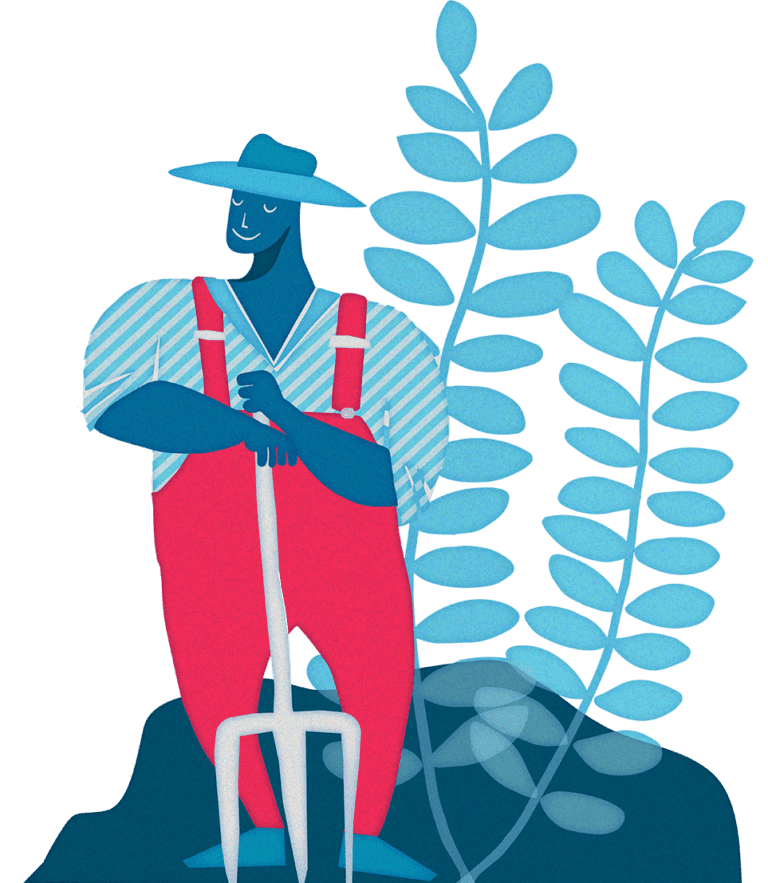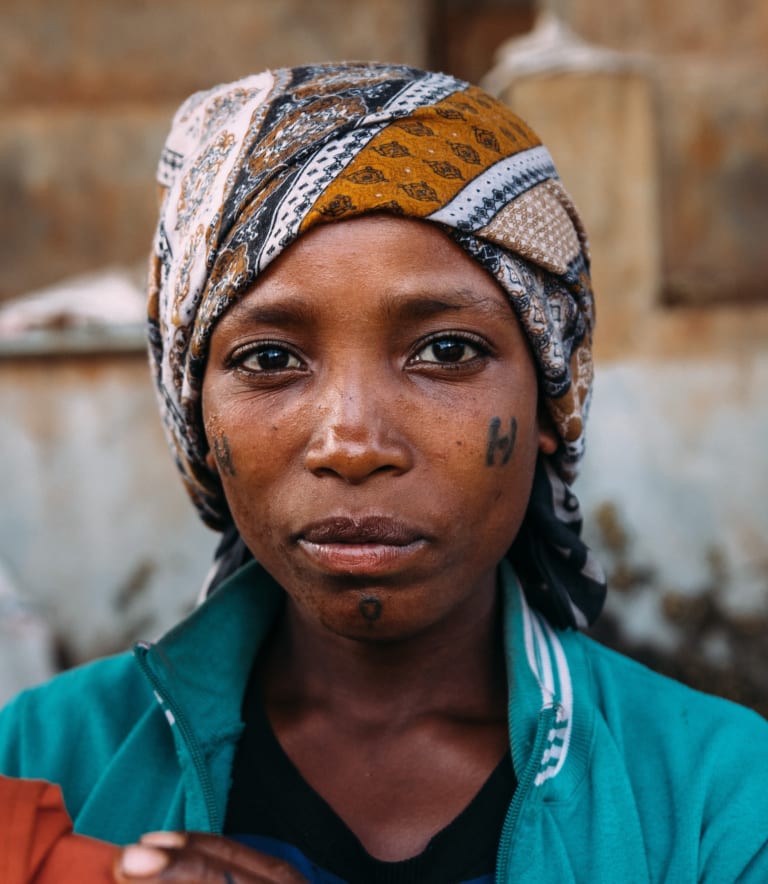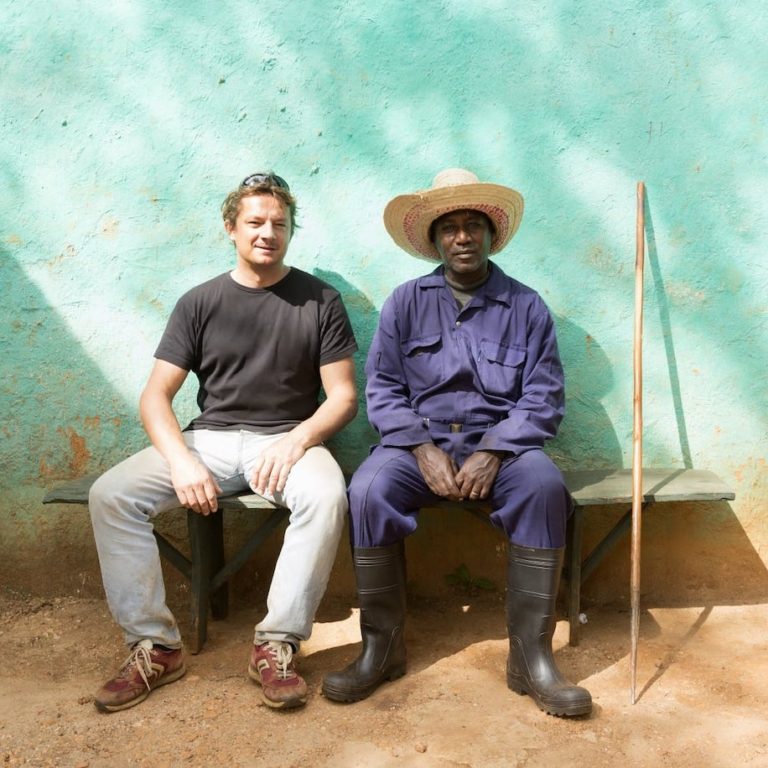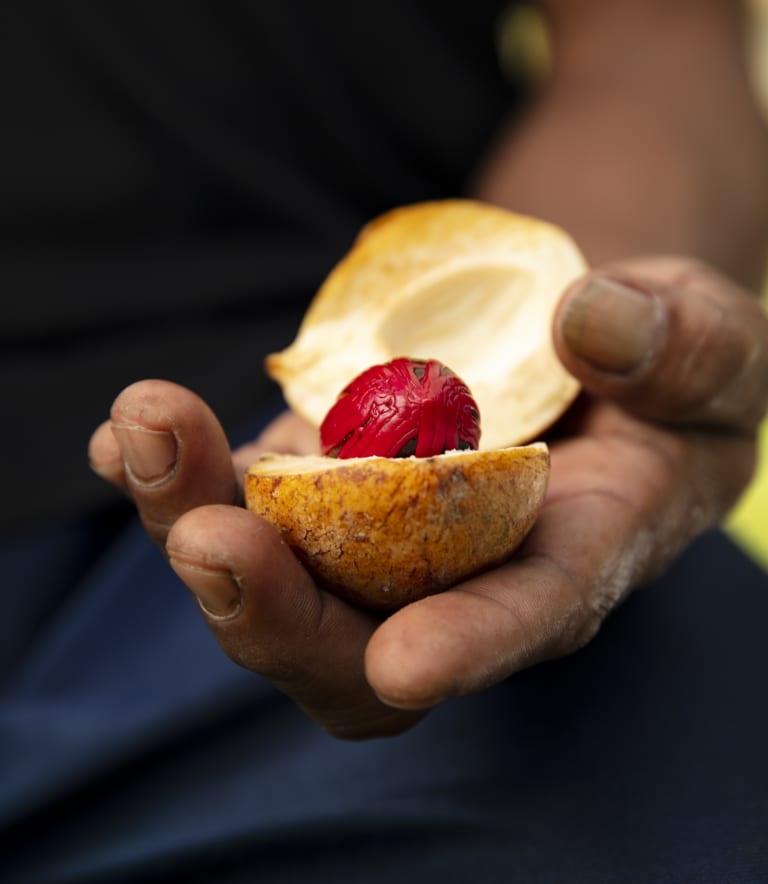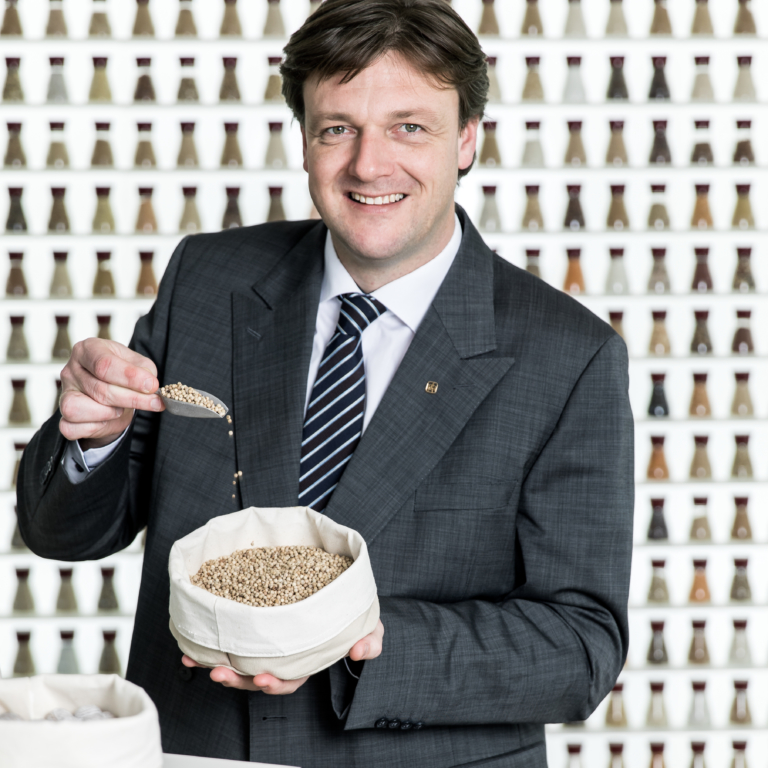A coconut’s journey
In 2017, Fairfood became one of the first parties worldwide to sell a food product that had been traced on a blockchain from tree to plate: 1,000 Indonesian coconuts. A pilot project to encourage large coconut players to explore their own chains.
This video cannot be shown because you didn't accept the cookies.
Change choice
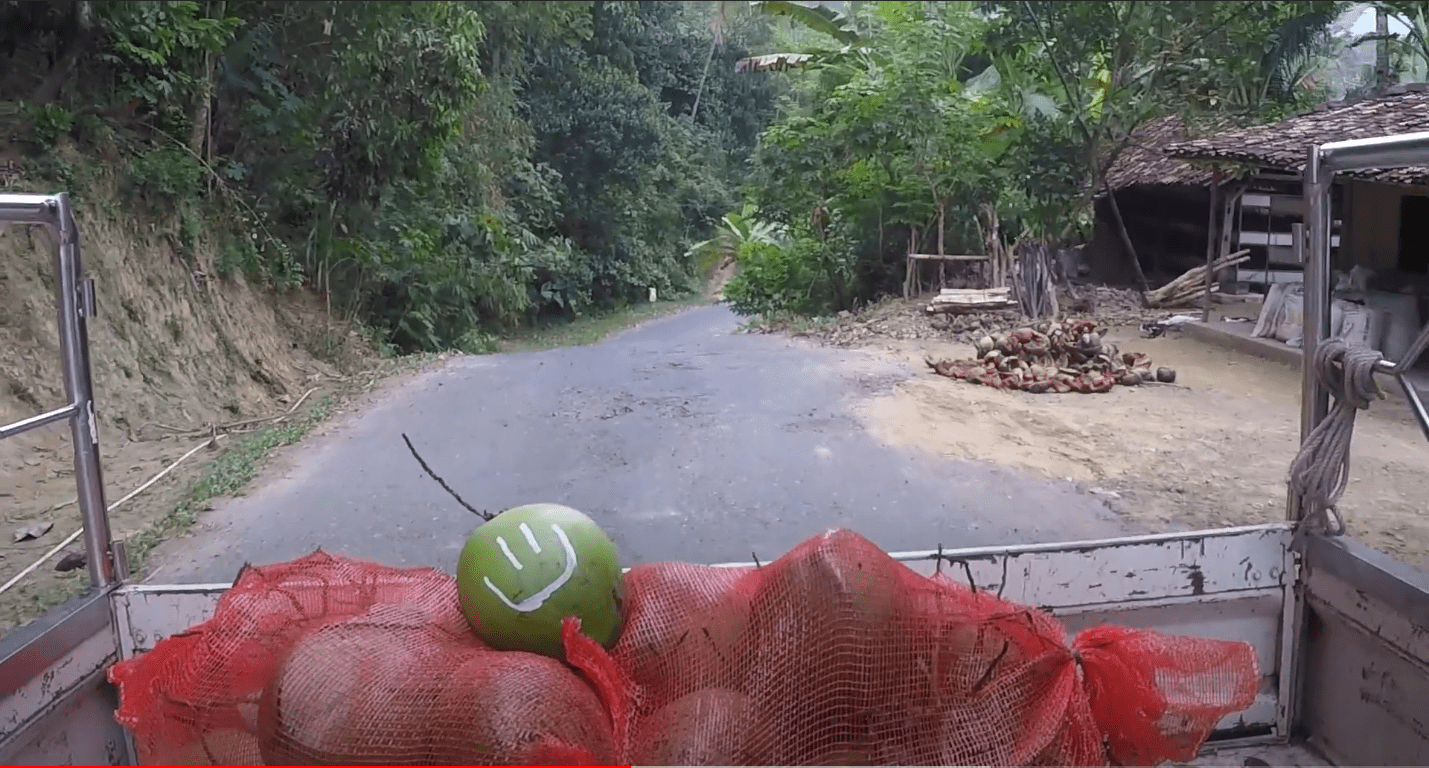
What did we do?
Testimonial
By scanning the note you can see where it came from and what exactly was paid to whom. It is even possible to send a message to the farmer to thank him for the delicious fresh coconut. This way we prevent abuse and you can see that the farmers have received a fair living income!


